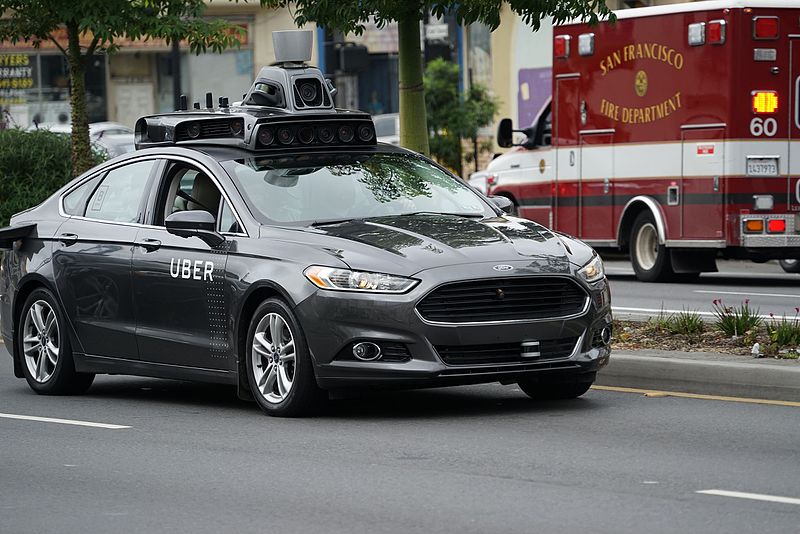 EMERGING TECH
EMERGING TECH
 EMERGING TECH
EMERGING TECH
 EMERGING TECH
EMERGING TECH
It looks like Uber Technologies Inc. may have another rough year ahead of it. A federal judge decided today to once delay Uber’s trial with Alphabet Inc.’s Waymo again, giving Waymo’s lawyers time to new evidence suggesting that Uber trained its employees to steal trade secrets.
Waymo first accused Uber of stealing key parts of its self-driving car tech in February, and Waymo originally sought up to $2.6 billion in damages from Uber. Waymo’s lawyers already persuaded U.S. District Judge William Alsup to delay the trial once, pushing its start date from October to December, and now Alsup has decided to delay the trial even further out.
Alsup’s decision hinged on testimony from Richard Jacobs, a former security analyst at Uber, as well as on a letter from Jacobs’ lawyer, which Uber had allegedly kept hidden from Waymo and the court. The letter claims that Uber had trained teams of employees “to evade, impede, obstruct, influence several ongoing lawsuits against Uber.”
According to Jacobs, these teams used anonymous servers that were separate from Uber’s main systems, which was intended to “ensure we didn’t create a paper trail that came back to haunt the company in any potential civil or criminal litigation.” Jacobs’ letter also claims that Uber hired someone in 2016 to recruit employees from Uber’s competitors in order to steal trade secrets from them.
Jacobs said in his testimony today that these tactics primarily focused on overseas competitors and that he was not aware of Uber attempting to obtain secrets from U.S. competitors, but The New York Times reported that this contradicts the statements made in Jacobs’ letter.
In light of the letter and Jacobs’ testimony, Alsup voiced his frustration with Uber’s lawyers, whom he accused of withholding information. “I can no longer trust the words of the lawyers for Uber in this case,” Alsup said during today’s hearing. “If even half of what is in that letter is true, it would be an injustice for Waymo to go to trial.” Uber lawyer Arturo González said the company’s defense team did not know about the letter or Jacobs’ claims, but Alsup responded that “somebody at Uber knew.”
If Jacobs’ claims are true, this would not be the first time that Uber used a secretive system to take on its competitors. A report by The Information revealed in April that Uber had been using a hidden software program called “Hell” that allowed the ride-hailing company to track drivers who also worked for rivals like Lyft Inc. Uber reportedly used the software to send more fares to Lyft drivers in an attempt to lure them away from their competitor.
Uber also previously used a secret program called Greyball, which allowed the company to block known transportation regulators from requesting rides or seeing nearby drivers in Uber’s app. Uber faced increased scrutiny in cities around the world after Greyball came to light, and the program contributed to the loss of Uber’s license in London after the city’s local transportation body ruled that Uber was not a “fit and proper” service.
Support our mission to keep content open and free by engaging with theCUBE community. Join theCUBE’s Alumni Trust Network, where technology leaders connect, share intelligence and create opportunities.
Founded by tech visionaries John Furrier and Dave Vellante, SiliconANGLE Media has built a dynamic ecosystem of industry-leading digital media brands that reach 15+ million elite tech professionals. Our new proprietary theCUBE AI Video Cloud is breaking ground in audience interaction, leveraging theCUBEai.com neural network to help technology companies make data-driven decisions and stay at the forefront of industry conversations.